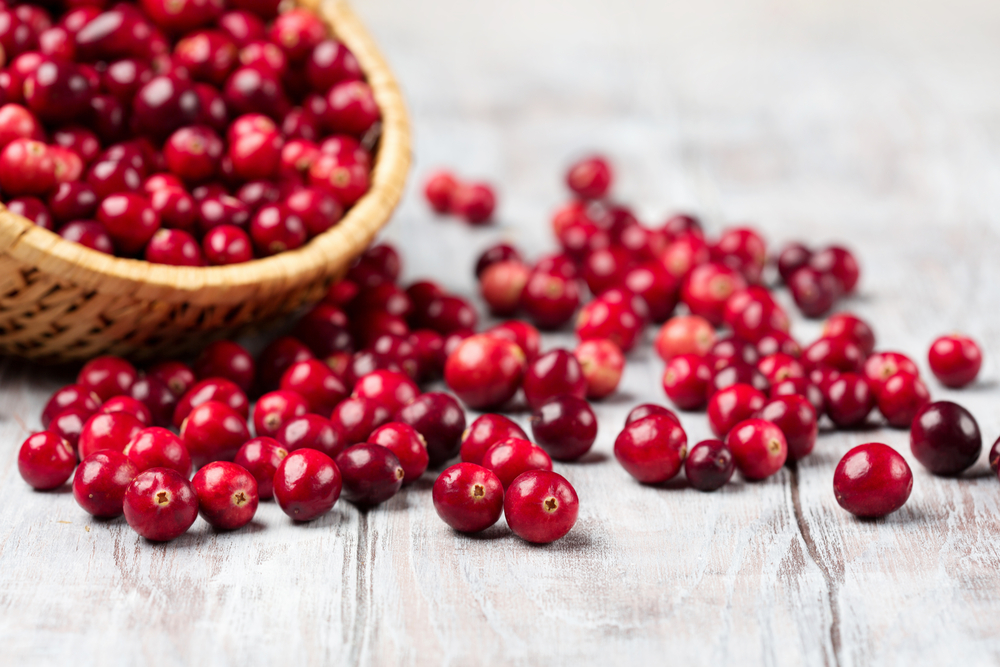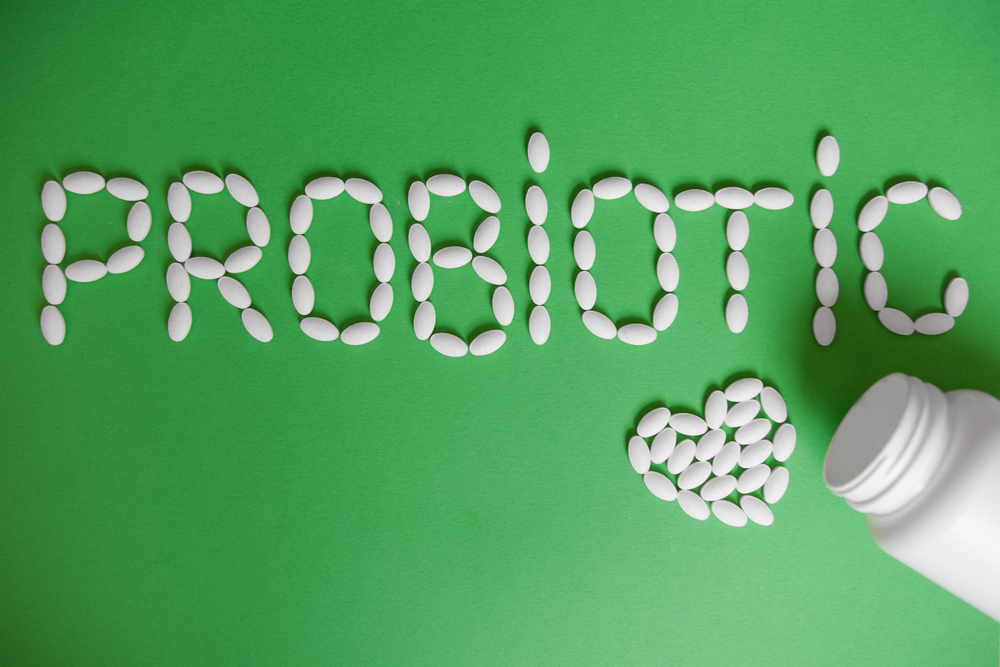Drinking coffee could help extend your life expectancy

A recent study[i] of more than 171,000 Britons suggests that those who enjoy a couple of mugs of coffee a day may live longer than non-coffee drinkers. What’s more adding sugar or not seems to make no difference.
The research team from Southern Medical University in Guangzhou in China set out to confirm earlier studies linking better health to drinking coffee. They discovered a link between a ‘moderate’ coffee intake (defined as drinking one and a half to three and a half cups a day) and a lower risk of dying prematurely. It’s thought chemical compounds in coffee may have a variety of health- boosting benefits including reducing inflammation, boosting metabolism and improving insulin sensitivity.
Cranberries – the next superfruit?

Adding cranberries to your diet could help improve memory and brain function as well as lowering levels of bad LDL cholesterol according to recent research from the University of East Anglia[ii]. Half of the 60 study participants consumed around 100g of freeze-dried cranberry powder for 12 weeks while the other half stuck to a placebo.
The results showed that consuming cranberries significantly improved the cranberry group’s memory of everyday events (visual episodic memory), neural functioning, and delivery of blood to the brain (brain perfusion) compared with the placebo group.
They also showed a significant decrease in LDL or ‘bad’ cholesterol levels, known to contribute to atherosclerosis – the thickening or hardening of the arteries caused by a build-up of plaque in the inner lining of an artery. This supports the idea that cranberries can improve vascular health and may contribute to the improvement in brain perfusion and cognition.
Said lead researcher Dr David Vauzour: ’Past studies have shown that higher dietary flavonoid intake is associated with slower rates of cognitive decline and dementia. And foods rich in anthocyanins and proanthocyanidins, which give berries their red, blue, or purple colour, have been found to improve cognition.’ The researchers hope these findings could have implications for the prevention of neurodegenerative diseases such as dementia.
Probiotics could help improve mental health

Intestinal flora plays an important role in health including mental health. And now researchers from the University of Basel and the University Psychiatric Clinic Basel have discovered that in addition to anti-depressants, probiotics may help alleviate depression[iii].
Study participants were divided into two groups. One was given probiotics and the other a placebo for 31 days. Both groups were also given anti-depressants. The results showed that although depressive symptoms improved in all participants thanks to the anti-depressants, the improvement was greater in the probiotic group. The researchers are keen to emphasize, however, that probiotics are not suitable as a sole treatment for depression.
Meanwhile, if you are looking for some herbal help for low mood, why not try a course of St John’s wort, sometimes known as the sunshine herb.
[i] https://doi.org/10.7326/M21-2977
[ii] https://doi.org/10.3389/fnut.2022.849902
[iii] Translational Psychiatry, 2022; 12 (1) DOI: 10.1038/s41398-022-01977-z























Add comment